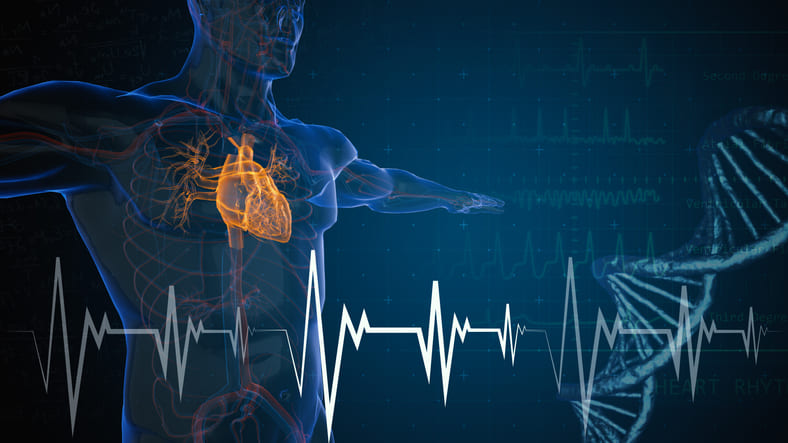This study states that An entity related to severe acute respiratory syndrome coronavirus 2 (SARS-CoV-2) infection associated with a multisystem inflammatory state in children (MIS-C) and acute heart failure has been described.1 Early treatment of MIS-C has mimicked that of Kawasaki disease with the use of intravenous immunoglobulin (IVIG) and other anti-inflammatory agents.1–3 This strategy seems to be effective because the outcomes are usually favorable with a very limited number of fatalities.1,3 Yet, there is no consensus or evidence for the optimal treatment strategy in MIS-C, and the effect of treatment strategies on the recovery of cardiac function has not been yet described.
We report the evolution of cardiac function in children admitted at our institution for MIS-C, defined by persistent fever (>38.5 °C) for >3 days, multiorgan involvement, evidence for coagulopathy (D-dimers>1000 ng/mL), inflammation (C-reactive protein>80 mg/L), and positive antibody assays for SARS-CoV-2 infection. Three clinical criteria among the following had to be observed to define multiorgan involvement in this series: cervical lymphadenopathy, bulbar conjunctivitis, skin rash, erythema of oral and pharyngeal mucosa, gastrointestinal symptoms, asthenia, respiratory signs, heart failure, or cardiogenic shock.
Median age was 8.6 years. The median delay between symptom onset and hospital admission was 4 days and was stable over the study period. All patients had positive assays for SARS-CoV-2 antibodies.
Reference link- https://www.ahajournals.org/doi/10.1161/CIRCULATIONAHA.120.050147


